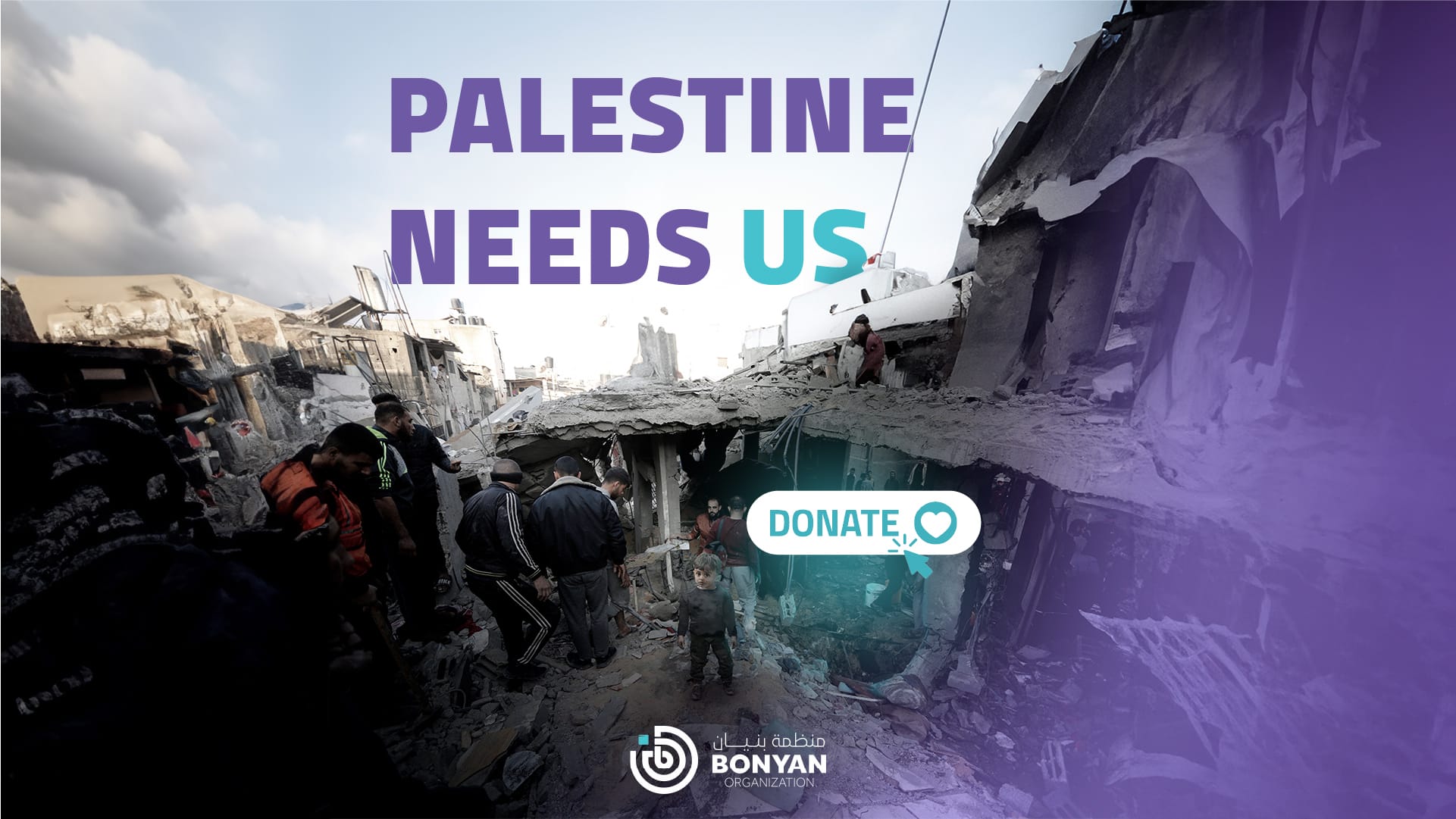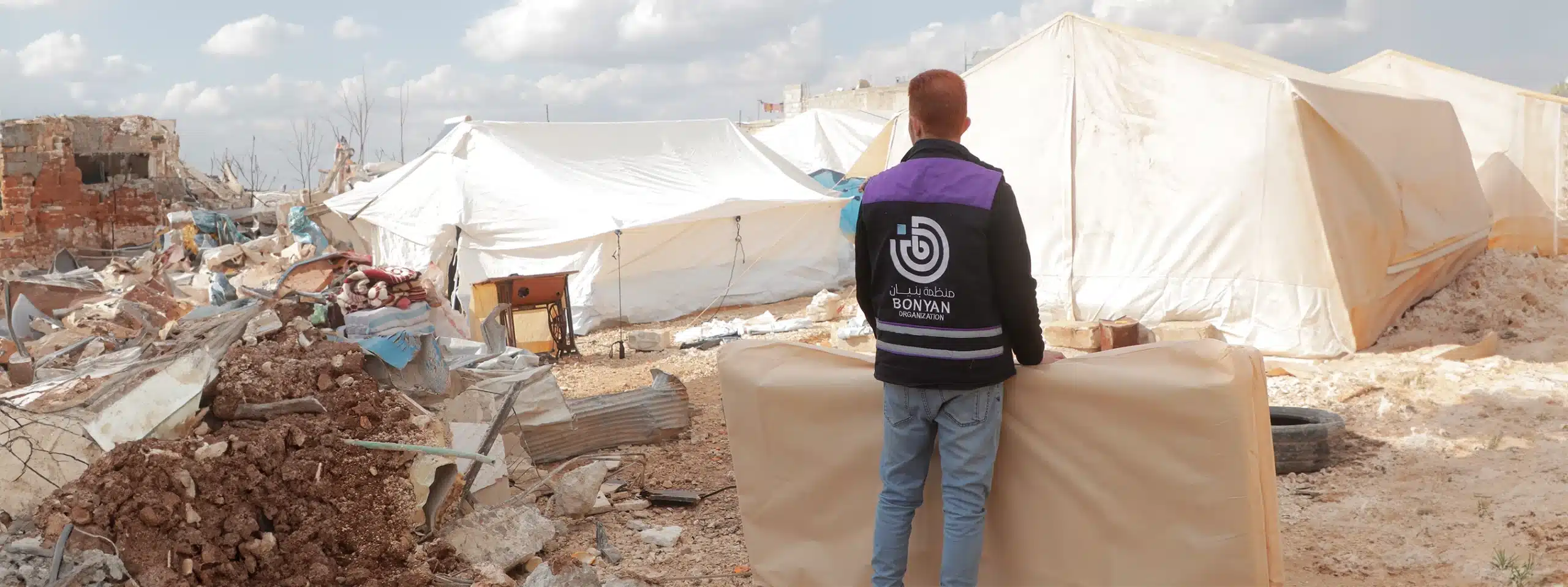Disasters, conflicts, and emergencies have a devastating impact on communities worldwide, leaving countless people without access to the most basic medical care and putting lives at risk.
When healthcare systems crumble, essential medicines and supplies become scarce. Donating medical aid can provide a crucial lifeline in these situations.
Why Medical Aid Matters
1. Addressing Urgent Needs: Disasters often result in injuries, acute illnesses, and psychological trauma. Donating items like first aid kits, bandages, pain relievers, and mental health support resources can make an immediate difference.
2. Combatting Disease Outbreaks: Clean water, sanitation facilities, and vaccines are crucial in preventing the spread of infectious diseases that thrive in vulnerable populations. Medical aid can help prevent epidemics in crisis zones.
3. Supporting Vulnerable Populations: Children, mothers, the elderly, and those with pre-existing conditions are especially at risk during emergencies. Medical aid provides nutritional supplements, rehydration solutions, specialized treatments, and chronic disease management.
4. Restoring Health Systems: Hospitals and clinics may be damaged or overwhelmed after a disaster. Donated medical equipment, supplies, and even mobile medical units can help restore healthcare capacity and ensure continued access to services.
5. Long-term Impact: The effects of disaster on health aren’t limited to immediate needs. Medical aid can support long-term health initiatives, disability care, and the rehabilitation of those injured during crises.
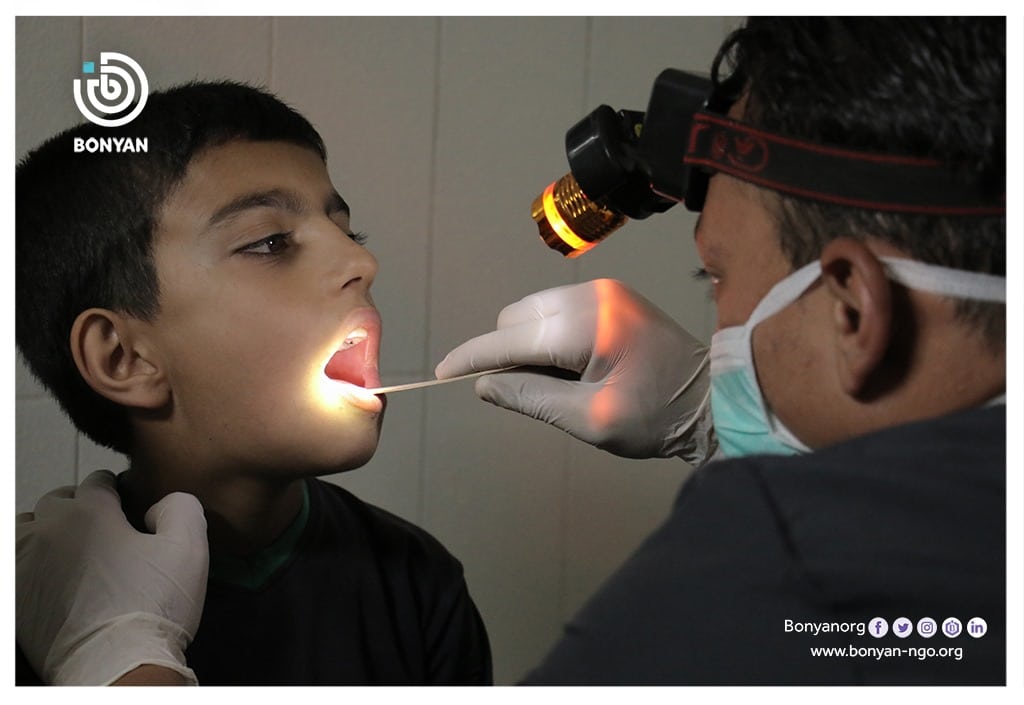
Critical Items Needed in Medical Aid
Essential Medicines
The most urgently needed medications include antibiotics to combat infections, pain relievers for injuries and acute illness, anti-parasitic medications for disease outbreaks, and medicines to manage chronic conditions for those with diabetes, hypertension, and other ongoing needs.
First Aid & Trauma Supplies
These form the backbone of emergency care. Bandages, gauze, disinfectants, wound dressings, burn creams, and basic equipment to manage fractures and other injuries are lifelines in the aftermath of disaster.
Nutritional Support
Malnutrition is a major threat in crisis situations. High-protein foods, therapeutic formulas (particularly for children), rehydration solutions, and micronutrient supplements prevent dehydration, starvation, and long-term health complications.
Medical Equipment
Even the most basic equipment makes a huge difference. Stethoscopes, blood pressure monitors, diagnostic tools, surgical supplies, and even portable X-ray machines can be vital for healthcare providers offering care on the ground.
Hygiene and Sanitation Items
Clean water and sanitation are essential to prevent diseases. Soap, water purification tablets, chlorine solutions, menstrual hygiene products, and basic sanitation supplies can significantly reduce the spread of illness.
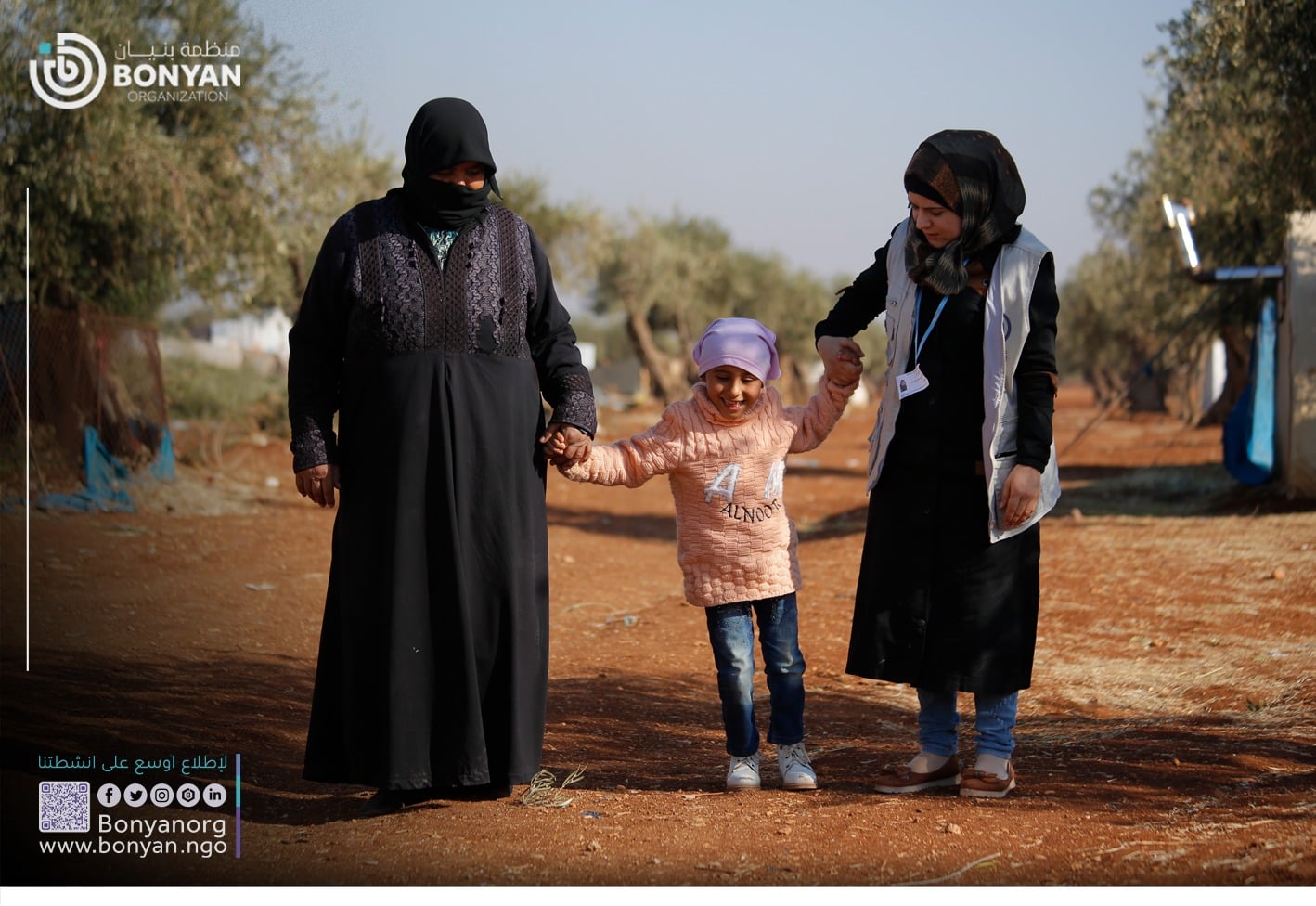
How to Make a Difference
1. Reputable Organizations: Choose charities with a proven track record of delivering medical aid effectively, such as Bonyan, Project CURE, Doctors Without Borders (MSF), Direct Relief, or local NGOs operating in specific disaster zones.
2. Follow Guidelines: Find out what specific items are needed and follow the organization’s instructions carefully. Donating expired, or unsuitable items can create logistical problems.
3. Financial Contributions: If donating physical supplies is not possible, consider making a financial contribution to support logistical costs, the purchase of needed items, and the deployment of medical personnel.
4. Beyond the Immediate Crisis: Continue supporting affected communities with medical aid as they recover and rebuild. Long-term assistance is often just as vital.
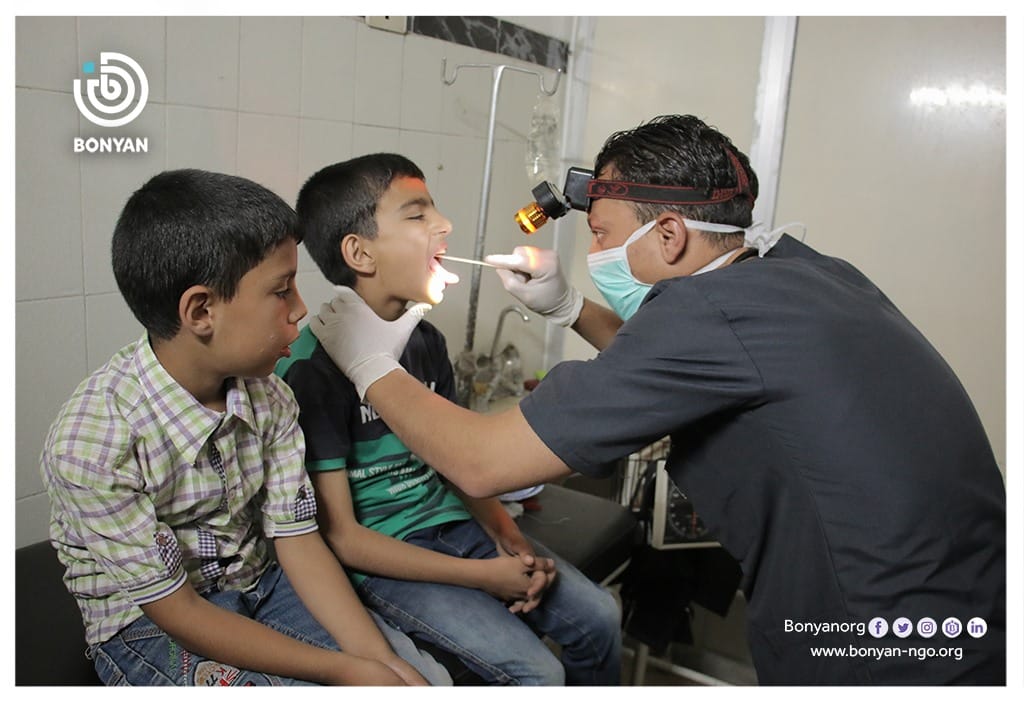
Your Donation Has a Ripple Effect
Donating medical aid is a powerful act of compassion, extending beyond the immediate provision of supplies:
- Saving Lives: Timely medical interventions can prevent complications, stop the spread of disease, and save lives.
- Rebuilding Communities: Restoring health systems allows communities to recover and rebuild from within.
- Hope and Resilience: Medical aid serves as a symbol of solidarity and support, offering hope to communities in their darkest hours.
Whether you’re donating a few essential items or making a more substantial contribution, your act of kindness has the power to transform lives.
Your Donation Saves Lives: Support Bonyan’s Medical Efforts
Bonyan’s medical efforts extend a lifeline in the Middle East and Africa, where conflict and instability have left healthcare systems fractured and communities vulnerable.
We work tirelessly to provide essential medical aid, rehabilitate critical healthcare facilities, and offer crucial medical training to local professionals.
Your support for our medical initiatives has a direct and profound impact: it funds desperately needed medicine, equipment, and resources that save lives. It helps us rebuild damaged hospitals, ensuring patients have access to safe treatment.
Most importantly, your donation strengthens healthcare systems from within, empowering communities to regain control of their health and well-being.
Donate today and be a part of creating a healthier, more resilient future.




